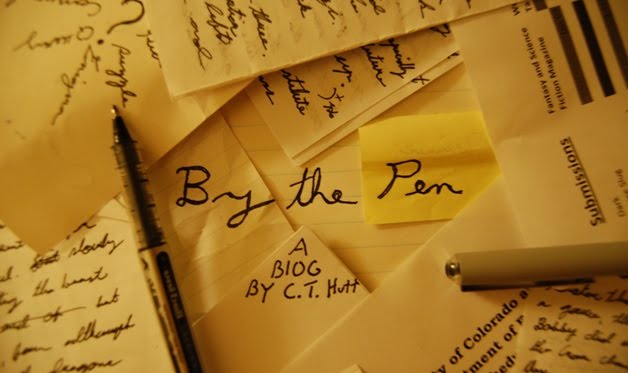 |
| Freedom tastes even better with bacon |
Now, I can already hear the muted roar of critical readers,
but before you scroll down to the comment section to give me hell, hear me out.
I know that certain religions have their qualms about this iconic sandwich, and
there are lots of US citizens who foreswear meat altogether, but the great
beauty of the burger is that there is a patty for everyone. Veggie burgers,
Boca burgers, chicken, turkey, tofu, or plain old beef; if you care to look,
you can find a grillable ground-up disk that’s right for you. There are
expensive burgers, cheap burgers, exotic burgers, and burgers that aren’t even
burgers at all.
 |
| ? |
In addition to sheer majesty of the meal itself is the
communal act of making burgers. The neighborhood barbeque is one of the most
quintessentially American activities I can think of. There’s something about
standing around a grill with friends, watching the fat sizzle and feeling the
heat of the coals that just feels right. But there’s a dark side to the burger,
and despite my love of cow and country, I’d be remiss to not point it out.
 |
| Those are lookin' real good, Oog |
As a proviso to this next section I’ll remind my readers that
I grew up on an organic beef farm. We raised our stock from udder to plate and
drove them to the slaughterhouse ourselves. The life of a cow is hardly a
romantic affair, but we did our best for them. Our animals were grass fed, had
room to run around, and were free to seek what bovine pleasures they could find
on the ample hills of southern Maine. Then and now, I eat beef with a clear
conscience, but looking at the state of mass farming today, I can tell you that
all is not right in Burgerville.
The great American sandwich has a problem. It boils down to
the inescapable truth of demographic expansion, there are more of us in this country,
and in this world then there ever have been. There’s simply not enough open
land or ranchers to do things the right way and so we’ve fallen into some very
dangerous shortcuts. Crowded conditions, an all-corn diet, growth hormones, and
huge doses of antibiotics to keep open sores from festering, that is the grim
reality of our current agricultural detente. However you may feel about animal
rights, there are some things that are just wrong and there ain’t a religious
text anywhere that won’t bear me out.
 |
| It turns out they have good reason to be mad |
Worse than the gross practice of corrupting our national
lunch, are the policies being enacted to defend that corruption. So called “ag-gag”laws prevent people from reporting abuses at factory farms and companies like
Monsanto are insulating themselves against any oversight whatsoever. They have
gone so far as to employ mercenaries, genuine hired killers, to handle their
security. It’s one thing to ignore the suffering of a cow you’ll never lay eyes
on, but when someone comes after the Bill of Rights and the free flow of
information, they’re going to have a fight on their hands. That’s at least as
American as the cheeseburger.
With Congress stuck in a rut, this may all seem like yet
another hopeless 21st century issue, but technological innovations
are solving problems all around us, even between the buns. Behold the Burger 2.0:
In a society hungry for new ideas, one of the visionaries behind Google is helping to serve up an entirely new approach to the way we
look at meat. Is it beef? Not exactly. Is it a vegetable? Not even close. Burger
2.0 is a fundamentally new foodstuff, a lab-grown synthetic biomass mixed with
breadcrumbs and dyed with beet juice. It’s the beta version of the type of food
made by the replicators on Star Trek.
 |
| Synthetic Biomass. Hot. |
Now, I will admit that the idea of generating detached
genetic tissue from a bovine cadaver could, at first, seem a little
unappealing. The imagination reels at the prospect of splicing together
different species to form new and exciting burger variations like the
Rat-Mammoth Whopper™ or the Chimpanzee-Cat Mac™. Why, who knows what forbidden
delights this technology will give us access to…
 |
| The future is going to be sort of gross |
If this all seems like too much, if you can’t stomach the
thought of carving off a slice of fleshy abomination, ask yourself this: do you
know what’s in your burger now? How many animals in what types of conditions
went into the grinder? Most people would probably rather not think about it,
but silent ignorance isn’t going to solve the problems before us.
No doubt, it will take us a while to perfect this technology
and it will probably take even longer to get over our squeamishness. Ultimately
though, the burger has to change and we will have to change with it. When
considered on the grounds of sustainability, widespread availability, and basic
ethics, technologies like the burger 2.0 seem very appealing.

No comments:
Post a Comment